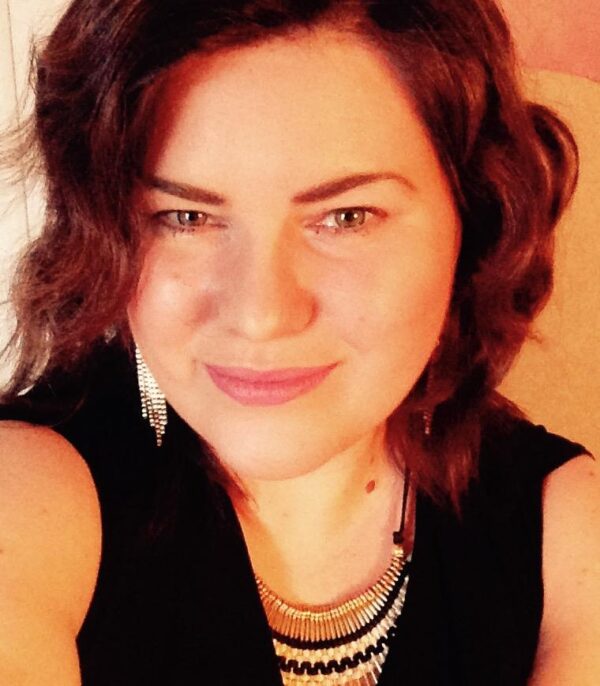
Sharon Jayne needs an urgent blood donation as she battles Leukemia
Derry Daily reported on Monday that Sharon urgently asking for platelet donors who are mothers with A-negative blood.
The North’s Blood Transfusion Service (NIBTS) was inundated with possible local donors.
Michael Allen, who is principal of Lisneal College in Derry, had been helping to promote Sharon’s appeal on social media.
Mr Allen, who said Sharon was a teaching colleague, was pleased to share the news that a matching platelet donor had been found.
He said: “I’m delighted to report that a platelets match has been found for Sharon from donors who responded.
“Thank you so much; this has given Sharon a fighting chance. Everyone who responded is amazing.
“Thank you again.
“This is what social media can do when used for good.”
NIBTS said they had been “overwhelmed” with people contacting them about making donations.
Responding to a post on Facebook, one lady said: “That’s fantastic news – great to see people responding in such a positive way. I hope all goes well for this lady, dear love her.”
Another told the NIBTS that she hadn’t been able to get through to them on the phone, but added that maybe that was a good thing.
NIBTS responded: “Our phones did not stop ringing once all day [on Monday}.
“We’re sorry you weren’t able to get through, but we definitely view the lines being busy as a positive as well!
£Thank you for being understanding.”
Joanne Badger, Leukaemia & Lymphoma NI operations manager, said: “It is great to see awareness being raised of the plight faced by many blood cancer patients in NI, throughout and following treatment for a blood cancer, many patients rely on blood donations and can require many units in a short space of time.
“Approximately 100 people in NI are diagnosed with a blood cancer each month and there are many ways that everyone can do their part to help – donate blood regularly if you are eligible and encourage friends and family to do the same.
“Not only could one donation potentially help three people in need, it’s also a great way to keep an eye on your own health too.”
Blood cancer is the fifth most common cancer in the UK and the third most fatal, whilst it can affect patients at any age it is most common in those under 30 and the elderly.
Around 1,200 new patients affected in the North each year with research having drastically improved survival rates to around 75 per cent.
Tags:




